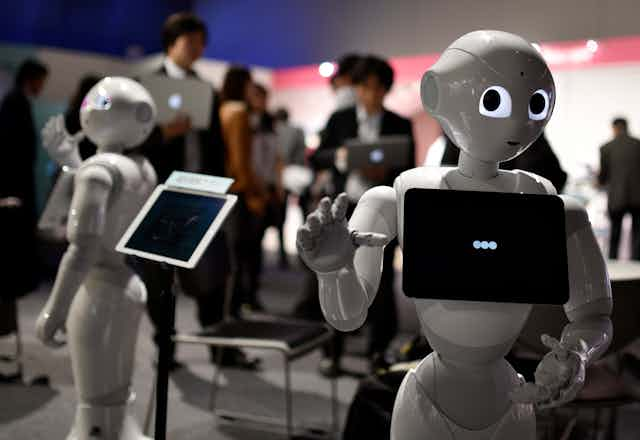When Tim Dunlop, from the Centre for Advancing Journalism at the University of Melbourne, started to research the future of work, his economist friends pointed to all the research showing there will still be jobs.
A few years later and Dunlop isn’t so sure. His book, “Why the Future is Workless”, unpicks the research into everything from machines learning to do our jobs to the idea of governments paying us all a universal basic income.
Dunlop outlines three possible scenarios off the back of all this evidence but he is most convinced that the economy, as we know it, will change dramatically. Costs will be lower, machines that learn will be able to do the jobs we do now, and, if we get the politics right, people will be free to pursue any endeavour they want to.
Rather than fear this future, Dunlop suggests there may be value in embracing it.

